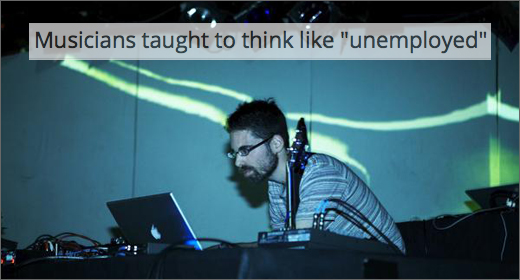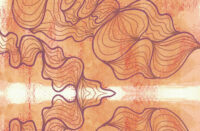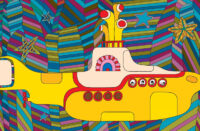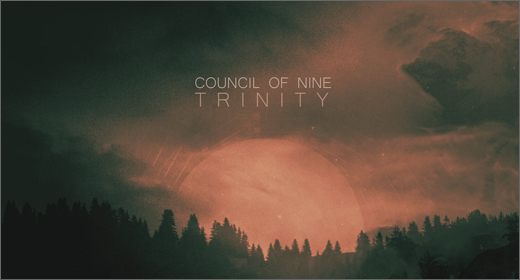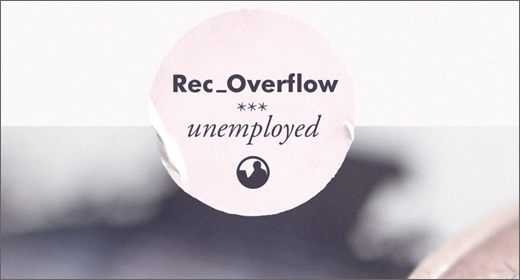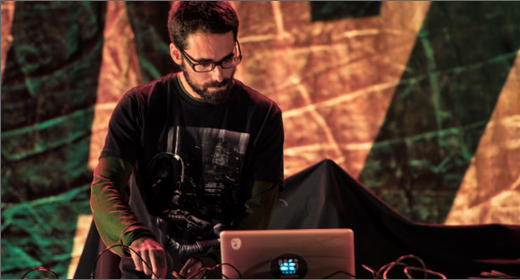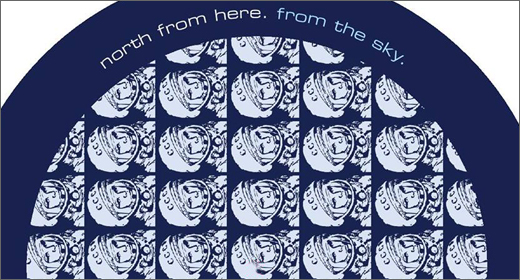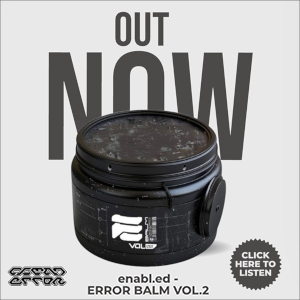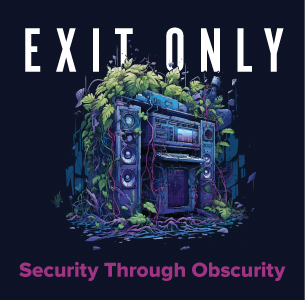Daniel Jacobsen (Diatribe founder) used to be organizing the release of niche records with his label, all in the genre of jazz and electronica. Diatribe’s focus was experimental, non-commercial music—the emphasis was art. Recently, Daniel’s had a change of mindset, leaving his label business to one side and engaging in personal pursuits—teaching and creating music.
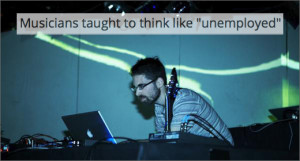 “Musicians are not being taught to think like business people, they’re being taught to think like someone who’s been given unemployment benefit” remarks Daniel Jacobsen, founder of Diatribe Records and musician, known as Zoid. Daniel used to be organizing the release of niche records with his label, all in the genre of jazz and electronica. Diatribe’s focus was experimental, non-commercial music—the emphasis was art. Recently, Daniel’s had a change of mindset, leaving his label business to one side and engaging in personal pursuits—teaching and creating music. But why the change? “Artistically I wanted to refocus, and you can’t really focus on a label when your interests musically are somewhere else. You need to be into every release.”
“Musicians are not being taught to think like business people, they’re being taught to think like someone who’s been given unemployment benefit” remarks Daniel Jacobsen, founder of Diatribe Records and musician, known as Zoid. Daniel used to be organizing the release of niche records with his label, all in the genre of jazz and electronica. Diatribe’s focus was experimental, non-commercial music—the emphasis was art. Recently, Daniel’s had a change of mindset, leaving his label business to one side and engaging in personal pursuits—teaching and creating music. But why the change? “Artistically I wanted to refocus, and you can’t really focus on a label when your interests musically are somewhere else. You need to be into every release.”
Daniel explained that his label, Diatribe Records, relied heavily on Arts Council funding, and this drove him away from the company he created, “Diatribe runs financially—exclusively by Arts Council Ireland funding. It’s just the way the jazz music scene and the contemporary classical music scene works. It’s not commercial music and doesn’t look like it ever will be. It just rubbed the wrong way with me—how we put the money together.”
The funding behind Diatribe’s existence is described as a “contentious point” to talk about by Daniel, and notably funding for independent arts is considerably different in Northern Ireland. There is significantly less funding available for art projects in Northern Ireland. Arts Council NI state they have £13 million ready to support arts projects within the country—compare this to the Arts Council of Ireland, who have a poultry €56.9 million (£47 million) to spare on similar projects. That’s over three times as much funding available throughout Ireland when compared to Northern Ireland. With regards to individual support, the Northern Irish Arts Council will provide up to £1,500 per project—in Ireland, €10,000 (£8,240) is available per project.
Yet, this could be a great safety net for artists to have behind them in Ireland—the ability to develop a project with serious financial pedigree. “It’s safe if you get it” explains Daniel. “In the longer run it’s very impermanent. You never know if you’re going to get a grant the next year because there’s a lot of competition for grants. You have to have a good track record—some people say they never get them. I had a good track record though, Diatribe has a good track record, they get a lot.”
Surely, the sense of freedom the artist feels is enormous by getting financial support? “You think when you get the funding you can do whatever you want, but it just doesn’t work like that. You put an application in writing, I’m going to do X. Y. Z. and then they [Arts Council of Ireland] either say yes or no. If they say yes, then you get the money and you’ve to do what you said you’re going to do—but you already got the money. It’s weird, it takes away all the drive,” explains Daniel—reflecting with a purist sentiment, “the only way to make music worth listening to, is when it’s driving you really hard—that you have to do it.”
The only way to make music worth listening to, is when it’s driving you really hard—that you have to do it.
Daniel himself has a sharp tongue, candidly putting his point across and elaborating with precision. Years of experience echoed in his words. Despite this, our conversation could pass as a lecture, his elaborations full of wisdom and knowledge rather than open-ended arts talk. As he spoke about past experiences Daniel sounded very business savvy. The excess financial backing the Arts Council provided in the past has moulded his business ethos into stoicism. In contrast, he claims, being a musician at the beginning of his career made him “anti-business.”
Daniel claims his music went down an “extreme” path, and it’s true his sound was zealously complex. Daniel Jacobsen or Zoid would often combine Jazz composition with electronics and glitch noises. “Jazz training’s what I blame for that… I think in any arts school, there’s a focus on being the most original and the most inventive and you have to be different from everyone else. You end up going down a really extreme path. That’s what happened to my music before. It was quite extreme, in terms of… everything.”
The word before means much throughout Daniels previous words, as Zoid is changing, becoming increasingly minimal and accessible in musical form. You might even be able to dance along while listening his recent release. Daniel reflects, “You can’t have everything complex. I used to do everything complex.”
As the interview began Daniel recounted his steps while starting up Diatribe Records, “I used to work in a petrol station and there was another guy who worked there—we’d just sit in another room when there was no cars coming in, listening to techno and talking about setting up a label. We put out two 12” vinyl’s of techno, one was mine, and one was a very good DJ and producer, Alan Doven. That was the start of Diatribe. After that—we didn’t do anything for seven years… It was an exercise in loosing two thousand quid!” Business was at the forefront of his comments throughout our Skype conversation—mistakes, awareness, failure. Yet for the first time in his career, business has become an extension of his art.
Visit Diatribe at www.diatribe.ie.






